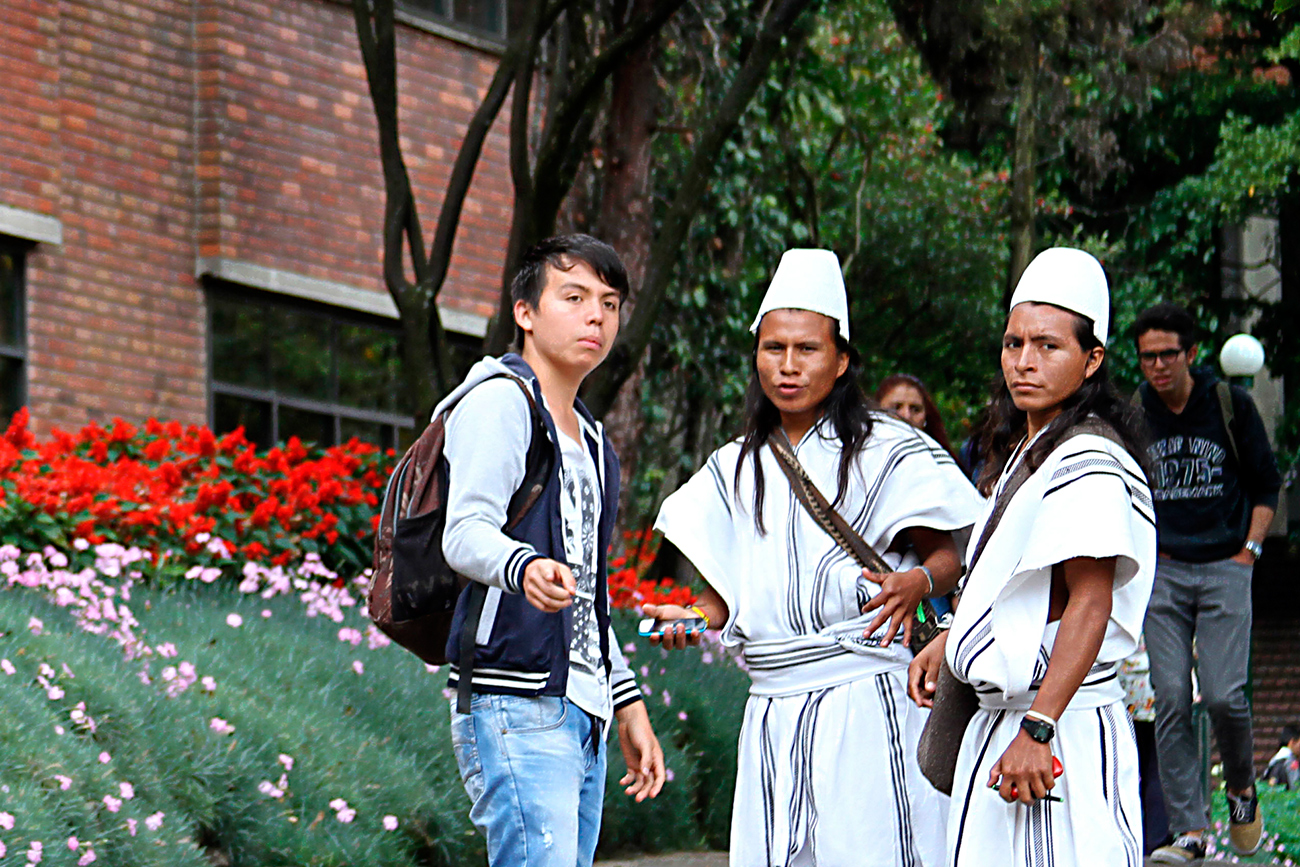
Los pueblos indígenas en el despertar de un paradigma político y constitucional latinoamericano
Fecha: 18 de septiembre de 2019
Hora: 10:00 am - 12:00 pm
Lugar: E-103
El Departamento de Derecho Constitucional y su línea de investigación sobre pueblos indígenas invitan al conversatorio.
En esta oportunidad intervendrá la profesora Katherine Becerra Valdivia, de la Universidad Católica del Norte (Chile), con una disertación acerca de por qué algunos paÃses en Latinoamérica tienen una fuerte inclusión y protección de derechos colectivos indÃgenas y otros no, y sobre el rol de los movimientos sociales que produjeron esta inclusión.
Por su parte, la profesora del Externado Soraya Pérez Portillo, miembro de esta lÃnea de investigación, reflexionará sobre el posicionamiento de la otredad indÃgena en el panorama constitucional regional, que ha abierto el abanico a grupos humanos excluidos y ha permitido la visibilización de valores ancestrales que hoy son principios fundantes que impregnan los objetivos públicos.
Por último, tendremos al profesor Bernardo Vela del Departamento de Derecho Constitucional, también del Externado, que abordará las construcciones teóricas crÃticas que emergieron en contra de los enfoques estructurales prevalecientes hasta antes de las guerras europeas –que los europeos denominan guerras mundiales– y, especÃficamente, del pluralismo y del poscolonialismo.

